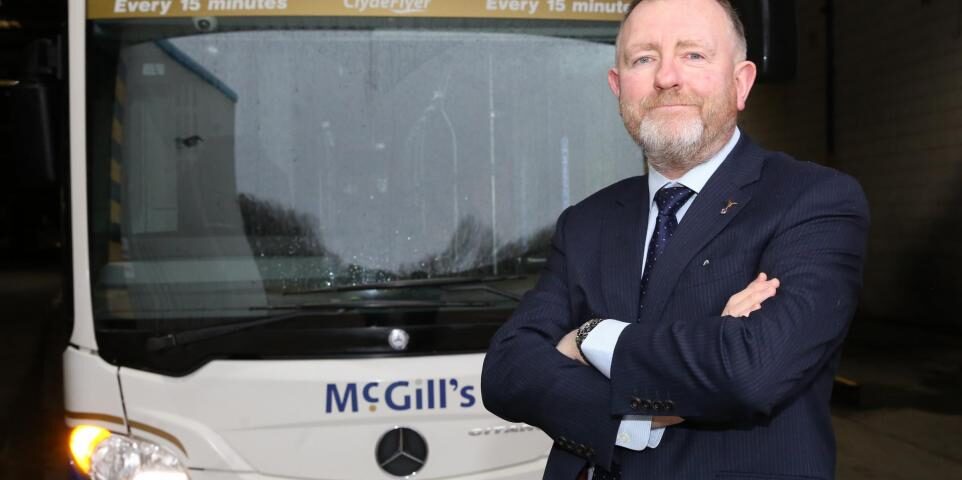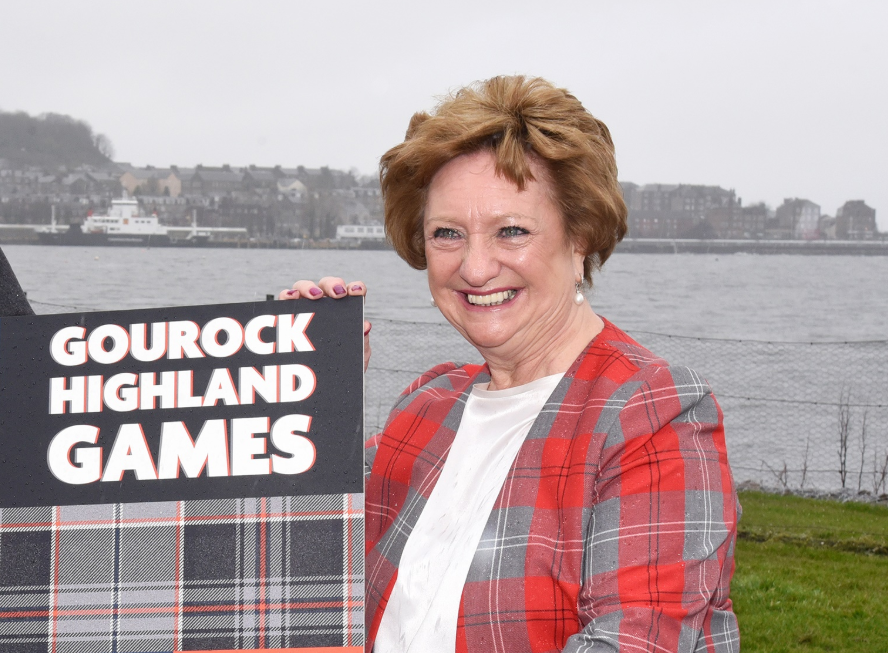Opinion: Tough Choices Must Be Made To Help Bus Operators

Blairs Welcomes New Machinery To Factory
02/05/2023
Mcgill’s Buses Appoints New Managing Director
04/05/2023Opinion: Tough Choices Must Be Made To Help Bus Operators

Almost four out of five public transport journeys in Scotland are on a bus. In 2021/22, there were 234 million passenger trips on buses. Why, therefore, have bus users been an afterthought for politicians and governments for decades?
As documented over recent weeks, it has been a tough period for the bus sector. The Scottish Government provided important gap funding to keep people moving during the pandemic but with that now at an end – and costs rising and passenger numbers lower than they were pre-Covid – bus operators face hard choices over fares and reducing services. At McGill’s, we are experiencing revenue 10% lower than pre-2020 levels due to fewer passengers but with costs around 25% higher.
Bus operators, just like local authorities, need to balance the books. But whereas the Bus Service Operators Grant amounts to £50 million per annum, rail services in Scotland received £1.4 billion from the public purse in 2021/22 – despite only accounting for 16% of the public transport journeys.
And with that financial backdrop, and as we have experienced recently, a great number of politicians are out of step with how the sector works.
Many have argued that we should run loss-making services at the company’s cost or that the only plan is renationalisation, believing cost pressures will melt away under public ownership. For those of us involved in the sector for decades, we well remember what led to privatisation – years of under-investment leading to such a poor and rickety service that no one wanted to step on board.
At McGill’s, thanks to owners Sandy and James Easdale, we have been able to invest heavily in fleet and infrastructure such as our electric buses, but it is unlikely that this would happen under local authority control where cuts to the bone would leave our vehicles in the slow lane.
Politicians can make a real difference to how successfully bus networks operate but all too often, it requires what they see as unpalatable choices.
In the Inverclyde Council area, where McGill’s is headquartered, no bus prioritisation measures have been established – and we count the huge financial cost of buses stuck in traffic. Buses are also unable to negotiate some roads because of the increasing volume of parked cars and we are having to withdraw services until action is taken.
Road maintenance is another factor with suspension and chassis damage over 50% higher than our other seven Scottish depots because of the horrendous state of the roads. This is all part of the higher cost of doing business in Inverclyde.
Politicians fear taking steps that will lead to them being seen as “waging war on the motorist” but many of the tough decisions we are taking stem from the failure to take account of bus users over the past 20 years.
Even if decision-makers won’t fund bus users as they do with train passengers, the minimum they could do is provide the infrastructure to make bus journeys faster, cheaper, more predictable, and more appealing – and more people might leave their car keys at home and take the climate–friendly option.
Ralph Roberts is the chief executive of McGill’s Group and President of The Confederation of Passenger Transport UK


